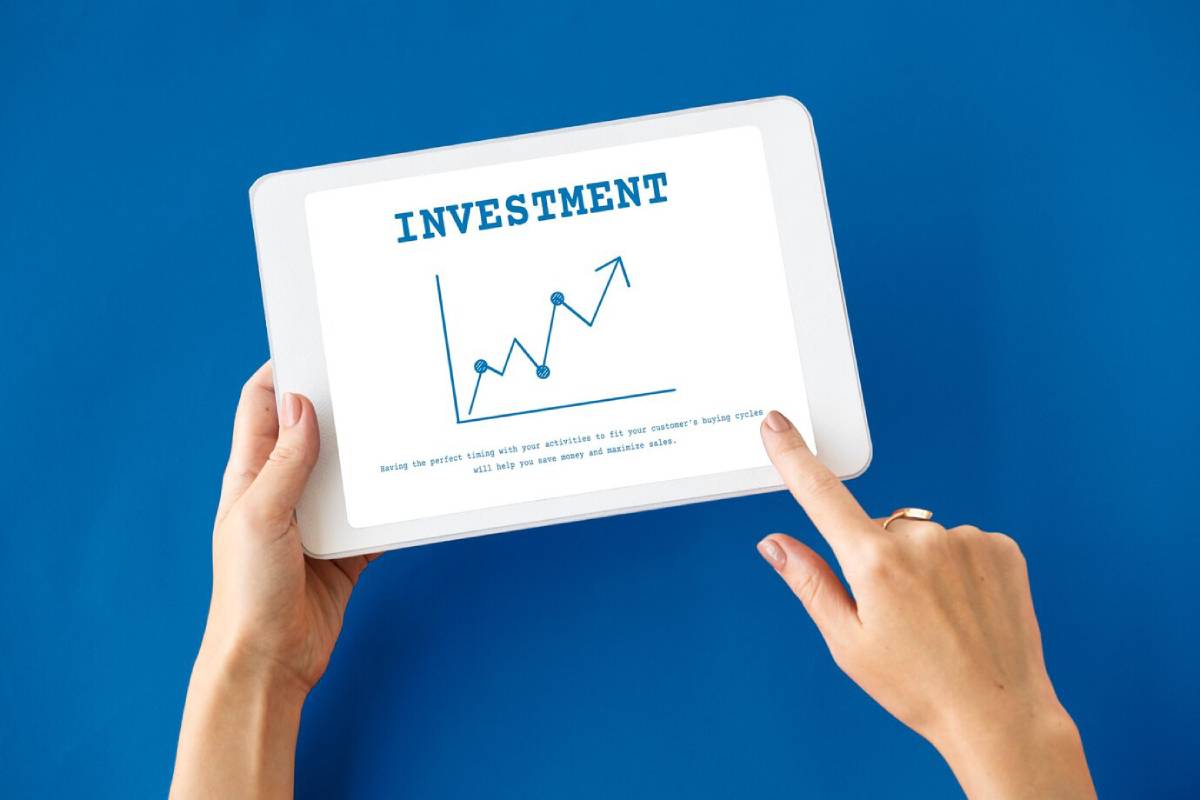
Understanding Stocks, Bonds, and Mutual Funds: A Beginner’s Guide
Are you embarking on your investment journey? It might seem like a daunting maze. Stocks, bonds, mutual funds—this finance language can feel like a secret code for Wall Street experts.
“Understanding diverse investments is the golden key to wealth-building aspirations. Whether you’re starting small with just a few pounds, knowledge is your strongest ally.”
This simple guide will explain the stock market, bonds, and mutual funds. With everyday language, we’ll empower you to embark on your financial adventure. Prepare to navigate the world of investments with confidence and clarity. Your journey to financial growth begins here!
Why Knowing Your Investment Options Matters
Building Wealth Intelligently

Think of your money as seeds. Picking the right investments is like choosing good soil, a watering plan, and enough sunlight. With no knowledge, you just guess. But with some insight, you build financial security and growth.
Reducing Risk Through Diversification
Imagine balancing on a single tightrope versus a wide, sturdy bridge. Diversifying your investments helps lower risk. Spreading your money across different assets, like stocks and bonds, balances your portfolio. If one investment drops, others may rise.
Diversification = stability = peace of mind.
What Are Stocks?
Owning a Piece of a Company
When you buy a stock (also called shares in the UK), you buy a small company slice.
If the company grows, its share price usually rises. If it struggles, the share price might fall.
Real-world example:
- You buy 10 shares of a tech company at £10 each.
- The stock price rises to £15.
- Your initial £100 is now worth £150!
How Stocks Make You Money
- Capital Gains: You sell your shares for more than you paid.
- Dividends: Some companies pay you a slice of their profits, even if you don’t sell your shares.
Reminder: Stocks are more volatile than bonds. They can change quickly due to company news, economic shifts, or social media buzz.
What Are Bonds?
Lending, Not Owning
With bonds, you’re not buying ownership — you’re lending money to a government or company. They promise to pay you regular interest and return your original money after a set time.
Real-world example:
- You buy a £1,000 government bond with a 3% annual interest rate.
- You earn £30 per year in interest.
- After 5 years, you get your £1,000 back.
How Bonds Make You Money
- Fixed Interest Payments: Predictable income — ideal for conservative investors.
- Capital Gains: If interest rates drop after you buy your bond, its price may increase. Then, you could sell it for a profit before it matures.
Important Note: Bonds are usually more stable. However, they provide lower returns than stocks.
What Are Mutual Funds?
Investing Made Simple
A mutual fund gathers money from many investors and uses it to buy a mix of stocks, bonds, or other assets. A professional manages the fund.
Think of it like:
- A buffet vs ordering à la carte.
- Instant diversification, even if you’re starting small.
How Mutual Funds Make You Money
- Growth: The value of the fund’s investments rises.
- Dividends and Interest: The fund distributes income from the assets it holds.
- Capital Gains: Profit from the sale of underlying assets.
Note: Mutual funds charge management fees (expense ratios). Lower costs = better returns over time.
Tip: Prefer index mutual funds for low-cost, passive investing.
Key Differences Between Stocks, Bonds, and Mutual Funds
| Feature | Stocks | Bonds | Mutual Funds |
| Ownership | Part ownership of a company | Lending money | Shares in a diversified fund |
| Risk Level | High | Low to medium | Medium (depends on holdings) |
| Return Potential | High (long-term) | Low but stable | Varies (balanced risk) |
| Income Source | Capital gains, dividends | Interest payments | Growth, dividends, interest |
| Best For | Growth-oriented investors | Conservative savers | Beginners seeking diversification |
How to Choose the Right Investment for You
1. Understand Your Financial Goals

| Goal | Best Investment Type |
| Saving for short-term goals (1–3 years) | Bonds or low-risk mutual funds |
| Building long-term wealth (5+ years) | Stocks or stock-heavy mutual funds |
| Regular passive income | Dividend-paying stocks or bond funds |
2. Assess Your Risk Tolerance
Ask yourself:
- How would you feel if your investment dropped 20% tomorrow?
- Are you patient enough to wait through market ups and downs?
If market swings stress you out, lean toward a mix with more bonds or balanced mutual funds.
3. Start Small and Diversify
You don’t need £1,000 to begin. Start with £10, £50, or £100 — and spread it across different types.
Hint: Beginner-friendly options like balanced mutual funds or ETFs offer instant diversification.
Real-Life Story: From Confused to Confident
Meet Zara, 26, from Birmingham.
- Three years ago, Zara was confused about investing.
- She started putting £50/month into a global index mutual fund via a Stocks & Shares ISA.
- Today, her portfolio is worth over £2,500 — and keeps growing automatically.
Her advice: “You don’t need to know everything to start. Just be consistent, stay patient, and trust the process.”
Common Myths About Investing (Debunked)
| Myth | Reality |
| “Investing is gambling.” | Investing involves research, strategy, and time. |
| “You need thousands to invest.” | Many platforms let you start with £1 or less. |
| “Bonds are only for old people.” | Bonds can stabilise a young adult’s portfolio too. |
| “It’s too late to start.” | The best time to start was yesterday. The second-best time is today. |
Conclusion: Knowledge = Wealth
Investing doesn’t have to be intimidating. You’re already ahead of the game by understanding stocks, bonds, and mutual funds.
Whether you’re aiming to:
- Buy your first home,
- Travel the world,
- Retire comfortably,
- Or simply grow your money,
The key is knowledge, consistency, and patience.
Next Steps:
Pick one investment type to research deeper today.
Set up a free Stocks & Shares ISA or beginner investing app.
Start investing small amounts regularly — your future self will be proud!
You don’t have to be rich to invest. You invest to become rich in freedom, opportunity, and choice.


